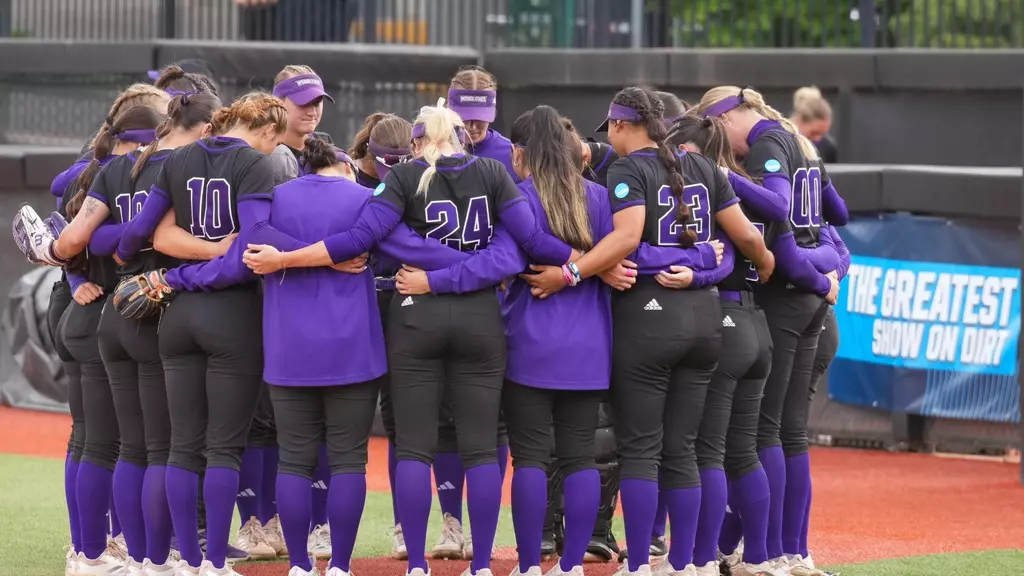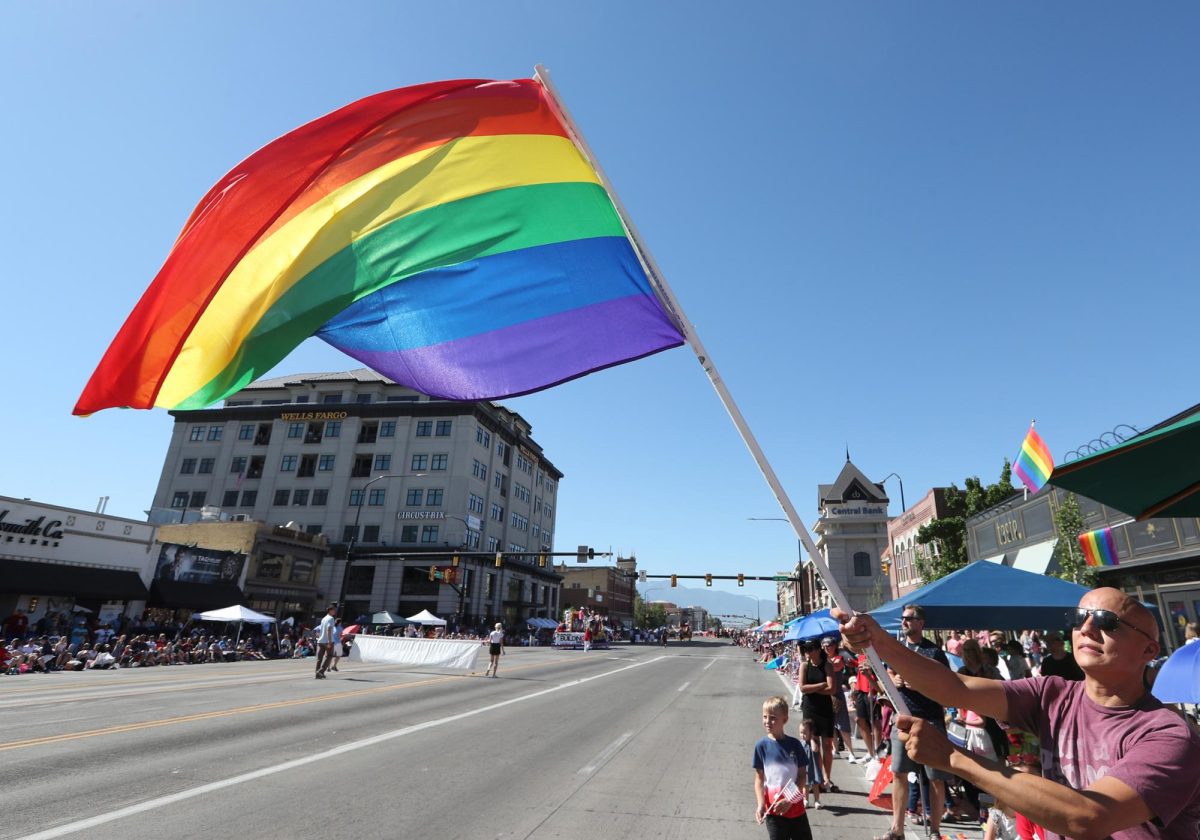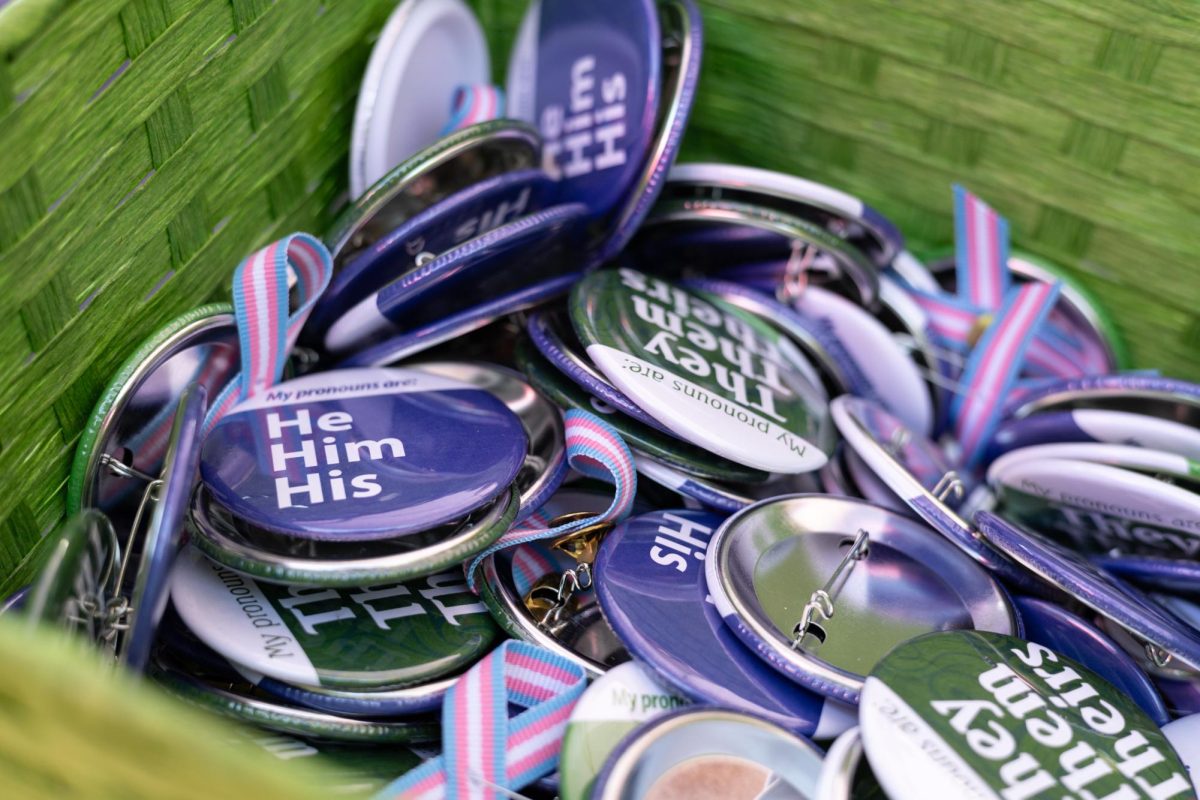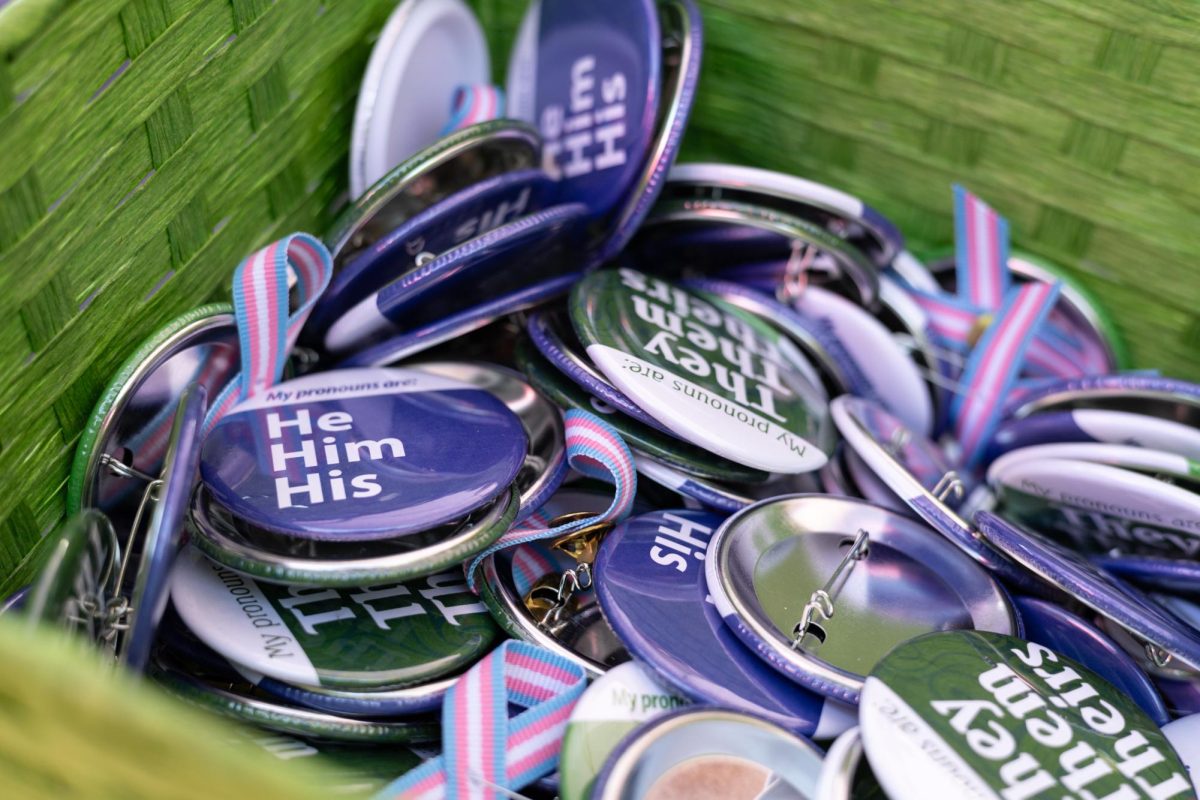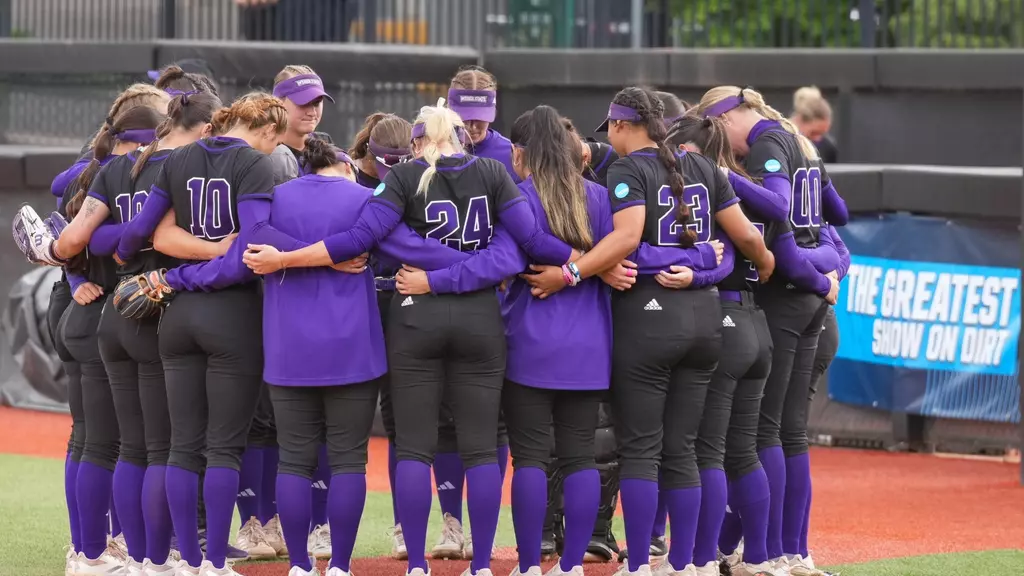Liz Stone was only 16 when her best friend was murdered. Falling into deep depression, she was hospitalized for an attempted suicide. Shortly after she was released, she was raped by a childhood friend. By the time she was 17, she began dating a young man, they got engaged and, before she knew it, she was struggling for her life once again.

Stone was one of 11 panelists of religious leaders and academic professionals that were invited to discuss ‘The f Word,’ or forgiveness, hosted by Dr. Forrest Crawford and The Forgiveness Project.
“I got engaged to a young man, and we moved into a basement apartment, and he changed completely,” said Stone. “He would tackle me to the ground and would choke me until I passed out.”
Stone recounted many of the things that occurred while she was held captive in that basement. She finally found the courage to leave and was forced to suppress those memories with bad habits until she finally found a man that cared for her. With him, she started a family and attempted to move on, but the memories remained.
Panelists discussed many similar situations and explored the power of forgiveness.
“Forgiveness isn’t a single ‘aha’ moment,” commented panelist Rev. Shelley Page. “It is a process of having compassion for yourself, having compassion for your friends and loved ones and, finally, having compassion for the perpetrator.”
Panelist Dr. Stephanie Wolfe discussed the importance of the victim receiving closure.
“Survivors need justice. Without the apology, you can never move past the idea that you’ll be targeted again,” said Wolfe. “Criminal justice legitimizes the wrong, but it doesn’t say I’m sorry.”
Another panelist, Dr. Maria Parilla de Kokal of WSU Psychology Department, commented on the power of forgiving, even if the perpetrator doesn’t want forgiveness.
“Not everyone feels bad or even cares for that matter,” said Kokal. “But do you? And that’s what matters; that’s what makes the difference.”
Ultimately, 25 years after she escaped from that basement, Stone decided to face her captor alongside her husband and forgive him.
“I stood face to face to this man,” said Stone. “I saw a man shaken and shrinking, just as I had been myself 25 years ago.” She said she felt powerful. With courage, she explained that she forgave him for all that he had done. She was shocked, however, when he denied the events ever occurring.

“It was at that moment that I realized that forgiveness was never about him–it was about me,” continued Stone. “It was between me and my savior and didn’t involve him.”
Panelist Brother Hollist of the Ogden LDS Institute added to the importance of forgiveness for one’s self.
“We forgive to free ourselves and move forward,” said Hollist.
“Forgiveness is for you,” continued Stone. “It is the hardest thing I have ever done but the most powerful part of my recovery.” Stone’s full story can be accessed on The Forgiveness Project’s website at theforgivenessproject.com.



